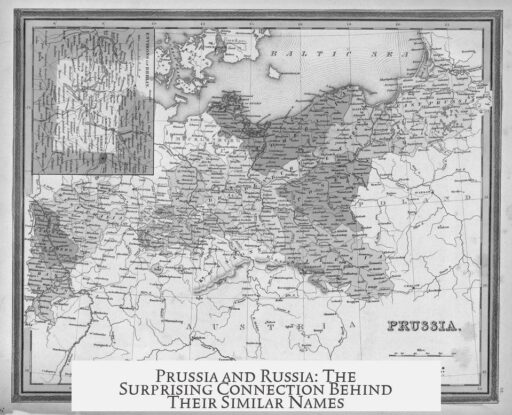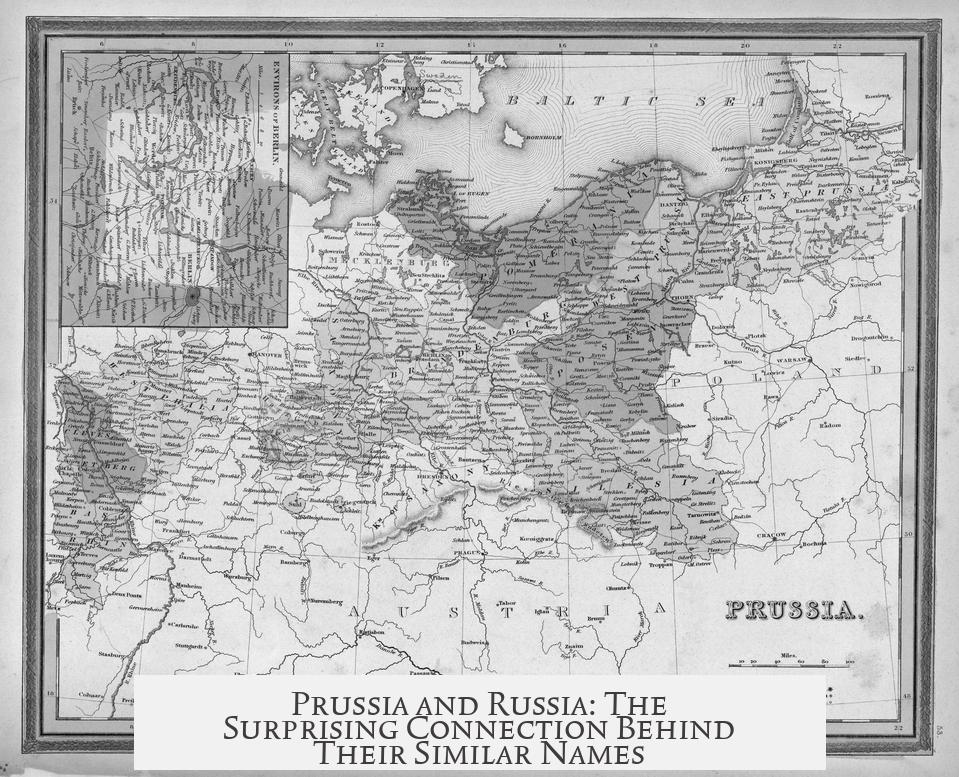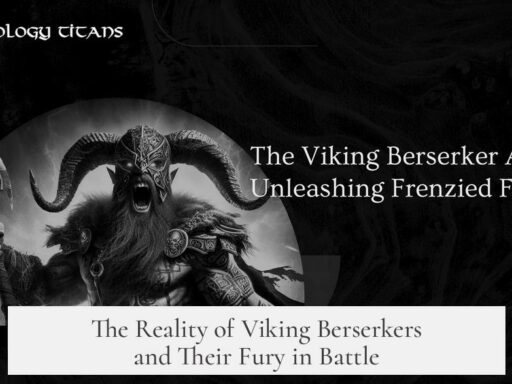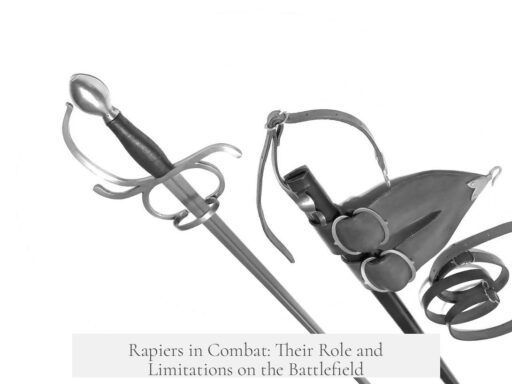The similarity between the names “Prussia” and “Russia” mostly exists in English and does not reflect their native pronunciations or origins. In German, Prussia is called “Preußen” and pronounced quite differently from the English “Prussia.” In Russian, “Россия” (Rossiya) also sounds distinct. The English versions happen to be closer in sound, creating the impression of similarity.
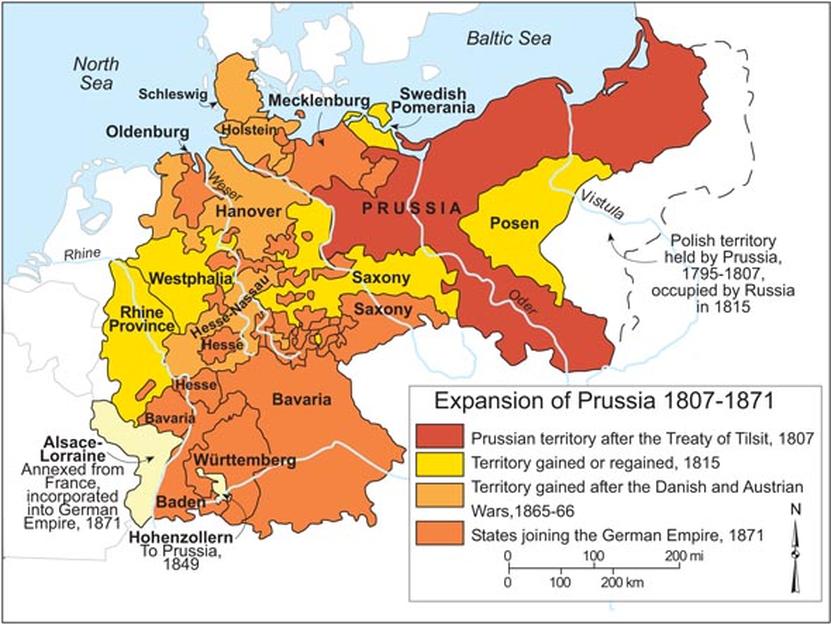
The origins of the names highlight important differences. The name “Prussia” likely stems from the Teutonic conquest of the Prussian tribes, whose land may have been named after a local river, lake, or swamp, though the exact origin is uncertain. Conversely, “Russia” derives from the Rus people, a Varangian tribe that played a key role in the establishment of the Russian state.
Some theories suggest a Slavic root for “Prussia,” from “Po-Rus,” meaning “land near Rus.” This implies a geographical relation rather than a shared cultural or linguistic origin. The Prussian region was inhabited by pagan Baltic tribes until the 12th century, distinct from the Slavic Rus people inhabiting early Russia, but close enough that naming could reflect proximity.
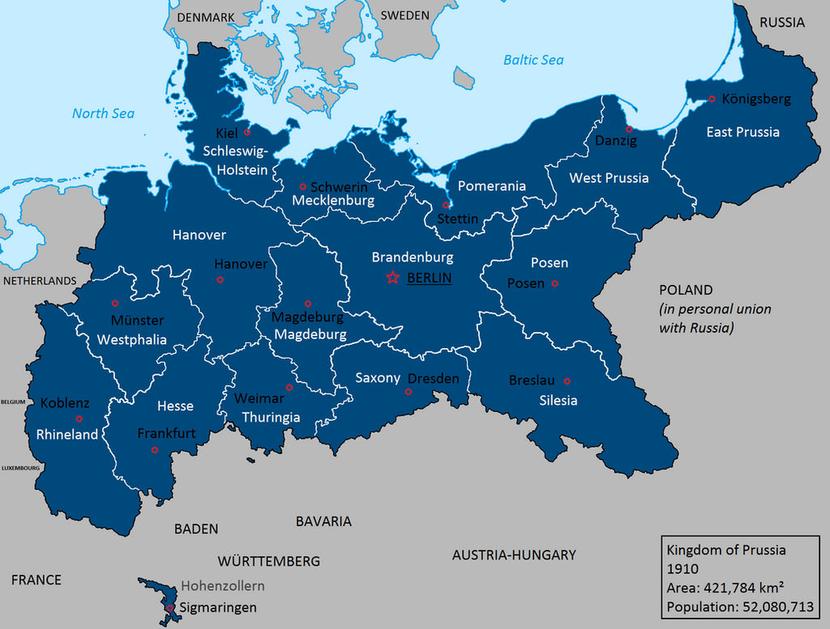
- “Prussia” in German: “Preußen,” pronounced differently than English.
- “Russia” in Russian: “Россия” (Rossiya), also pronounced differently from English.
- Prussia’s name likely links to local geographical features and Baltic tribes.
- Russia’s name derives from the Varangian Rus people, early rulers of Eastern Slavs.
- The English names share similarity mostly by coincidence, not by origin or pronunciation.
In sum, the English similarity between “Prussia” and “Russia” masks their distinct linguistic, cultural, and historical backgrounds. The native names differ clearly in sound and origin, reflecting separate ethnic and political histories, even if their territories neighbored each other historically.
Why Were Prussia and Russia’s Names So Similar?
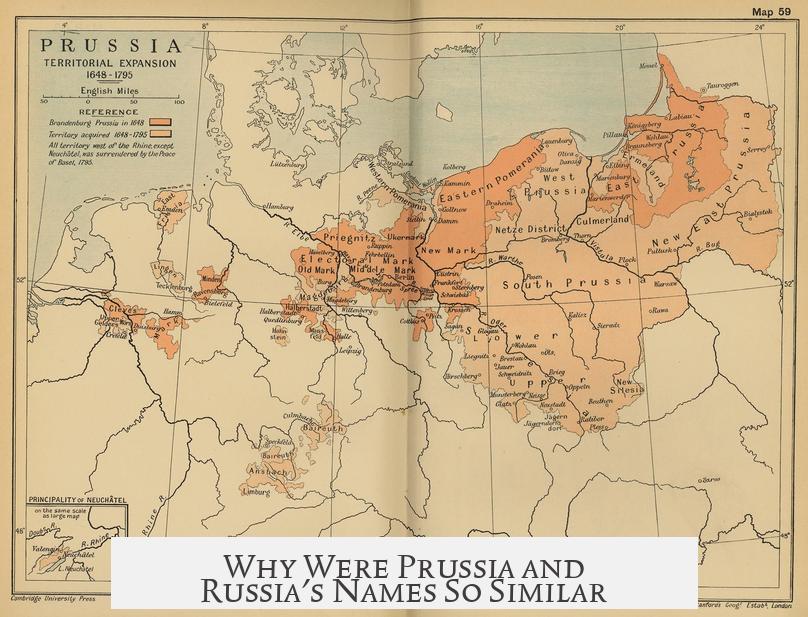
At first glance, Prussia and Russia look like long-lost cousins separated at birth. Their names in English sound strikingly alike. But dive deeper, and you’ll find they’re more like distant acquaintances sharing a funny coincidence than close kin. The roots, pronunciations, and cultural backgrounds reveal a fascinating tale behind these names. Let’s untangle this historic puzzle in a clear, lively ride.
English Only? The Curious Case of Similar Pronunciation
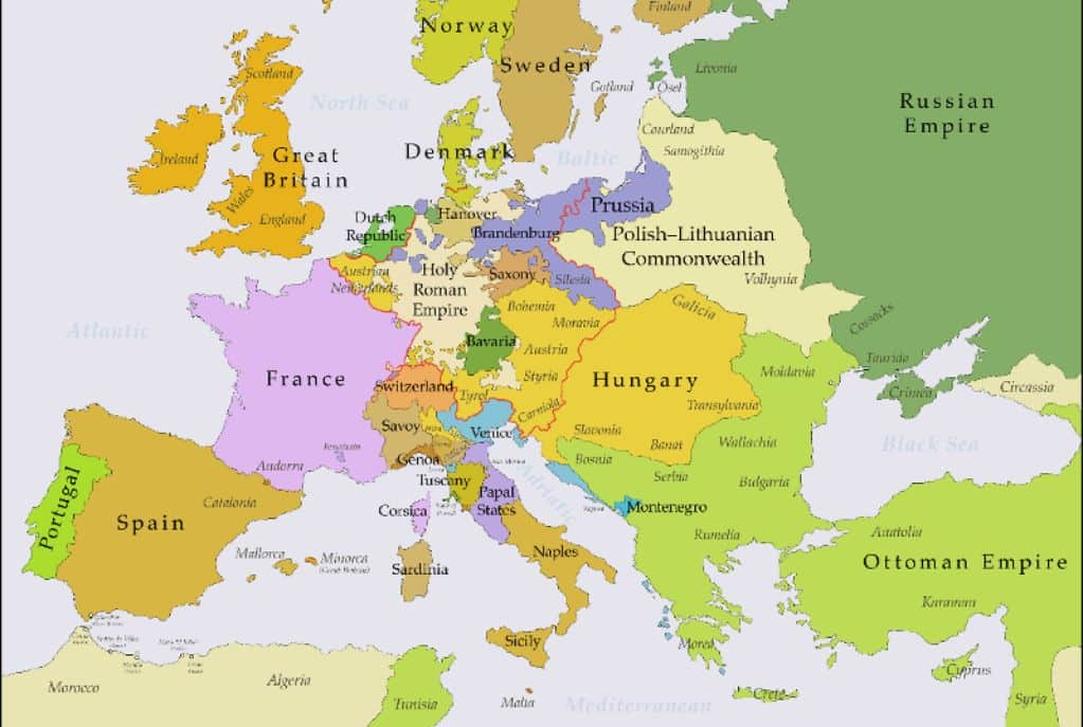
Both ‘Prussia’ and ‘Russia’ *sound* almost the same in English. But when viewed through the lens of their native tongues, they tell a different story altogether. The German word for Prussia is Preußen (a tricky pronunciation challenge because it contains the German “beta” letter ß). It sounds more like “Proy-suhn,” quite unlike English.
Meanwhile, Russia’s name in Russian is Россия (Rossiya). Now that’s pronounced quite close to the English “Russia.” So, in their original languages, these two names don’t echo each other at all. It’s the English translation that happens to bring them closer in sound, creating a linguistic coincidence rather than a direct connection.
Origins: Different People, Different Places, One Surprising Link
Why the names still evoke a kinship feeling? To answer this, we have to jump back to history groups and geography.
- Prussia’s origin is linked to the Teutonic Knights who conquered the Baltic region, claiming land from the Prussian tribes. The name Prussia likely derives from a local feature, perhaps a river, lake, or swamp, but no one has pinned it down with certainty. Some scholars suggest it came from Slavic roots—specifically from Po-Rus, meaning “The Land near Rus.” This could be a clue to a sort of geographical or neighboring relationship with Rus.
- Russia’s name originates from the Rus people, a Varangian (Viking) tribe that established the early medieval state known as Kievan Rus. They laid down the foundations of what later became Russia.
Here’s the kicker: While their roots and pronunciations differ, both names share an ancient, indirect link in Slavic and early European tribal histories. Prussia was often viewed as “land near Rus,” but that’s more a geographic description than a family tree connection.
Culture and People: Different Tribes, Different Stories
When the name ‘Prussia’ was established, the region was home to pagan Baltic tribes, not Slavs or Varangians. The Balts held different languages, religions, and traditions. So their cultural context is quite distinct from Russia’s early foundations.
This nuanced difference means the similarity in name is no secret handshake between cultures but more a result of shifting borders, conquest, and how languages morph.
So, Why Do We Find These Names Similar in English?
English speakers stumbled upon these two names from German and Russian sources and translated or adapted them. Since English often adapts foreign words to fit its own simpler phonetic patterns, “Preußen” turned into Prussia, and “Россия” became Russia. This smoothing out of sounds and spellings conveniently or confusingly led to them sounding almost identical.
The similarity raised endless eyebrow twitches among history buffs and language lovers alike. Could it have caused mix-ups in the past? Absolutely. Could it teach a lesson about how language shapes our perception? You bet.
What Can We Learn From This Curious Tale?
- Language matters deeply when understanding history. Without native context, otherwise distinct names can look like twins.
- Historical names often carry vague or disputed origins. For instance, the precise source of “Prussia” is still debated, adding spice to this naming story.
- Cultural identities and geographic neighbors often influence names more than just linguistic roots.
- This similarity is a beautiful example of how history, language, and culture weave a complex, sometimes funny tapestry that challenges straightforward assumptions.
Want a Fun Challenge?
Try pronouncing Preußen out loud if you dare! Compared to familiar “Russia,” it’s like learning to wrestle a linguistic octopus. Yet, you’ll appreciate the unique identity each name embodies once you grasp their true sounds.
Or, think about this: If England had never interacted with these names, would we even notice such a resemblance? It’s fascinating how history and language intertwine, leading to quirks like this that make the past both captivating and amusing.
Final Thoughts: Names Reflect History’s Layers, Not Always Direct Links
In short, the names Prussia and Russia may look and sound similar in English, but they stem from very different origins and cultures. Their similarity is largely a quirk of translation and language evolution, not a close historical link. This story reminds us that language shapes our view of history—sometimes in ways that surprise, entertain, and educate all at once.
So next time you stumble on a confusing pair of names, pause and wonder: Are they genuinely related, or is it just a linguistic coincidence wearing a fancy hat?
